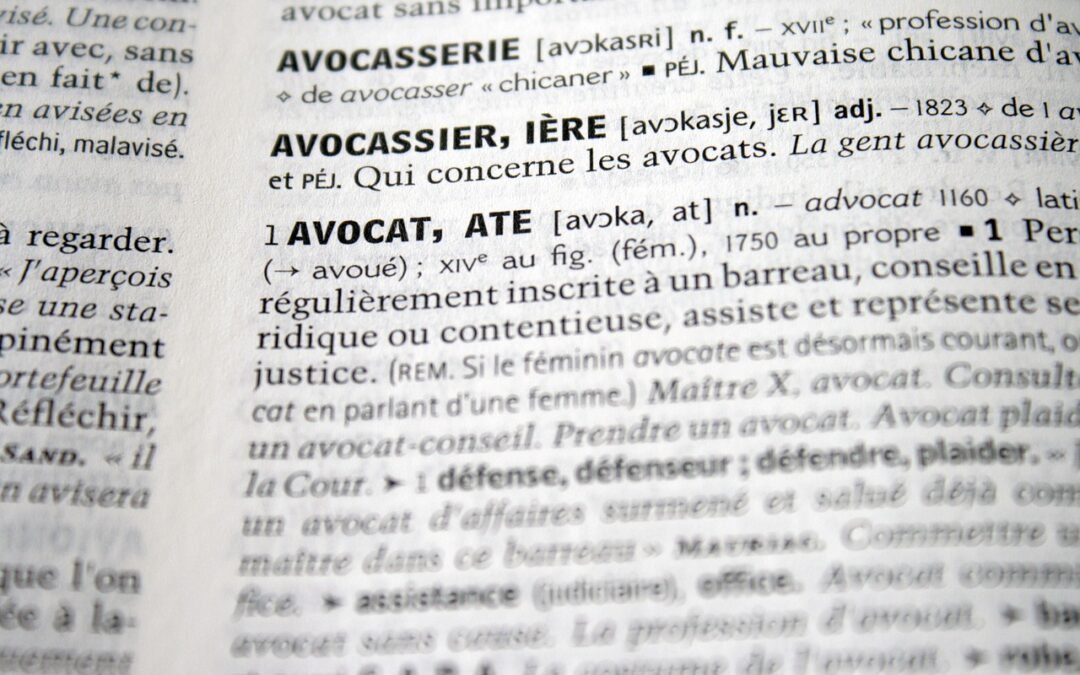EVERY document bearing your wet ink signature/autograph is a contract instrument.
If you are “acting” in joinder to a dead legal person, it is a “legal” Admiralty Maritime contract, with a “signature”, made in your “public capacity”.
If you are “doing” as a living man or woman, it is a “lawful” Common Law contract, with your “autograph”, made in your “private capacity”.
Any contract signed by one party and autographed by the other is void, because a legal fiction cannot mix with a lawful fact. The parties to a contract must be of the same kind.
NO written contract is enforceable if it is made without any element of a lawful contract:
- Parties competent, of the age of consent, contract between legal or lawful entities.
- Free and genuine consent, not obtained by fraud, deceit, coercion, or mistake.
- Full disclosure, providing all material information that may influence a decision.
- Sufficient consideration, something of value exchanged between the parties.
- Certainty of terms and conditions, fixed and unable to be changed without agreement. 6. Meeting of the minds, when the parties recognise and understand their obligations.
- Signatures or autographs, in wet ink, as recorded evidence of reciprocal consent.
Contract Case Law:
“Failure to reveal the material facts of a license or any agreement is immediate grounds for estoppel.” Lo Bue v. Foram), 48 Cal.App.2d 82, 119, p.2d 346, 348.
“Waivers of fundamental Rights must be knowing, intentional, and voluntary acts, done with sufficient awareness of the relevant circumstances and likely consequences.” U.S. v. Brady, 397 U.S. 742 at 748 (1970); U.S.v. O’Dell, 160 F.2d 304 (6th Cir. 1947)”.
Unconscionable “contract” – “One which no sensible man not under delusion, or duress, or in distress would make, and such as no honest and fair man would accept.” Franklin Fire Ins. Co. v. Noll, 115 Ind. App. 289, 58 N.E.2d 947, 949, 950.
“Party cannot be bound by contract that he has not made or authorized.” Alexander v. Bosworth (1915), 26 C.A. 589, 599, 147 P.607.
The fraudulently “presumed” quasi-contractus that binds the Declarant with the CITY/STATE agency, is void for fraud ab initio, since the de facto CITY/STATE cannot produce the material fact (consideration inducement) or the jurisdictional clause (who is subject to said statute). (SEE: Master/Servant [Employee] Relationship — C.J.S.) — “Personal, Private, Liberty”

